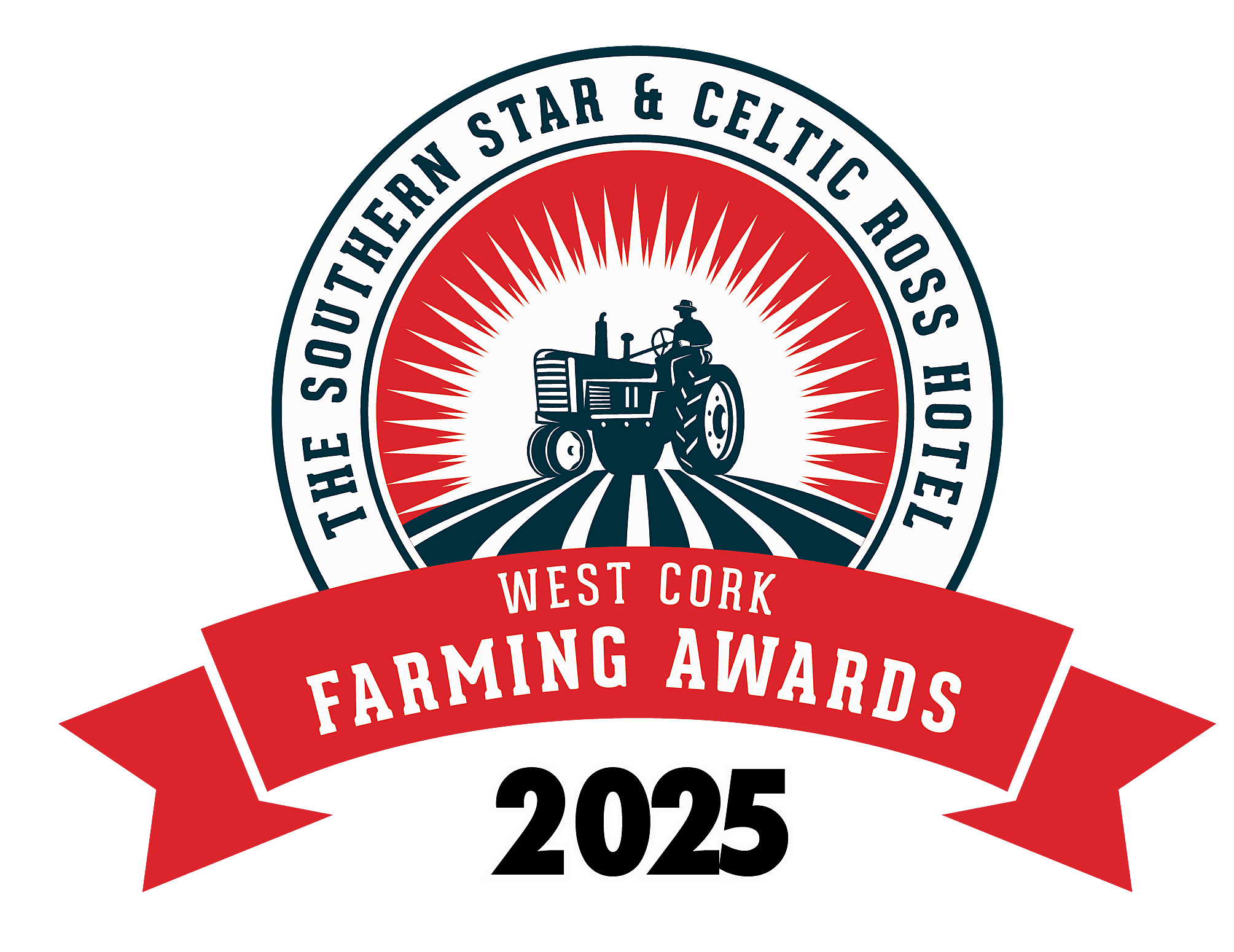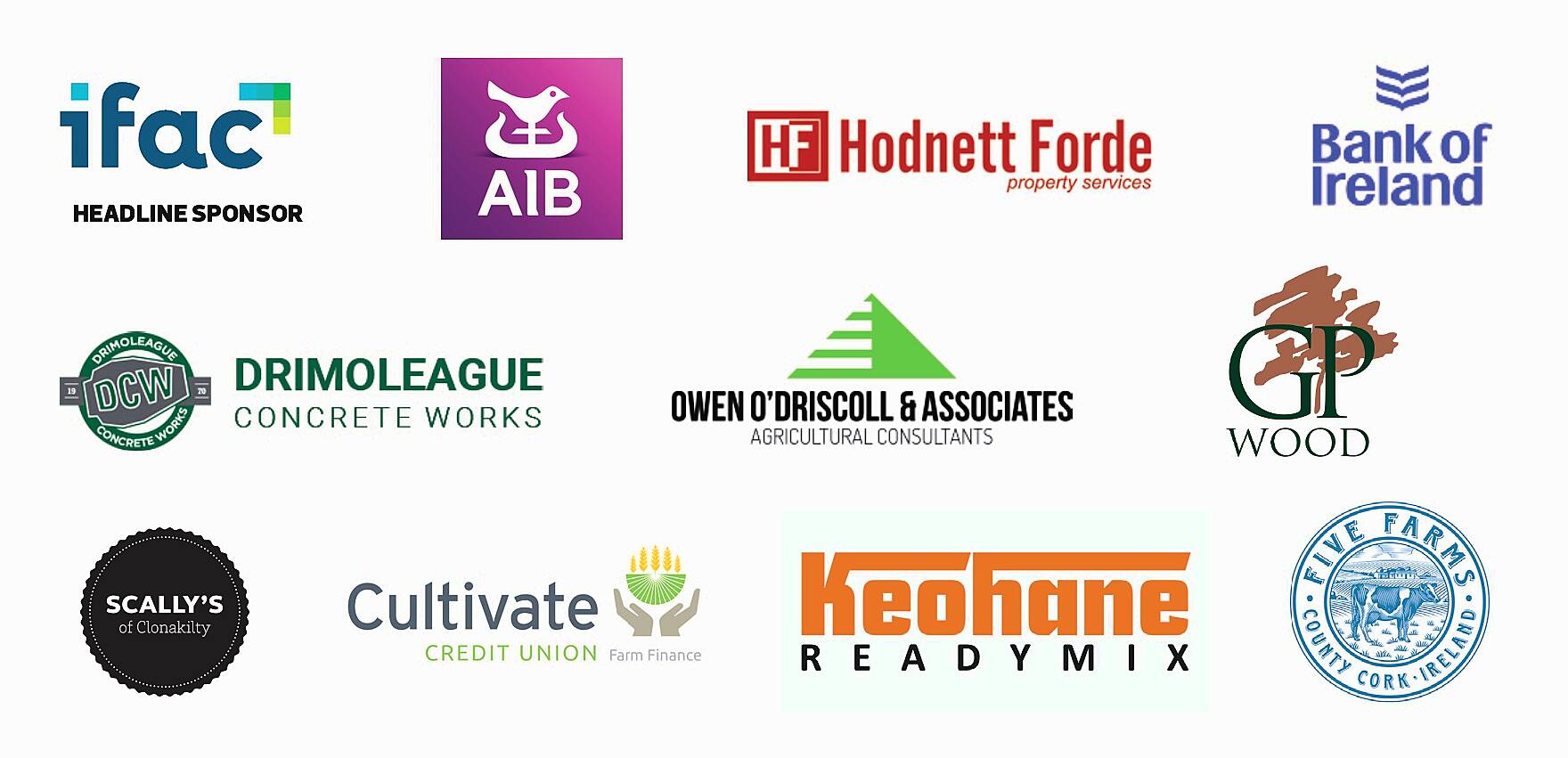The Southern Star in conjunction with the Celtic Ross Hotel originally set up the awards as a way to champion, recognise, and shine a light on the men, women, families, communities, organisations, and businesses that contribute to West Cork’s vibrant and vital agricultural and farming industry.
Over the years we’ve celebrated many fantastic finalists and winners from all aspects of West Cork farming life and enjoyed dynamic and often emotional gala awards lunches at the Celtic Ross Hotel.
Every month, from April until October we will announce a new monthly recipient of a West Cork Farming Award in The Southern Star farming pages.
The gala awards lunch will then be held in November at the Celtic Ross Hotel where we will award trophies to all of our monthly winners and also announce the winners of our Hall of Fame award and West Cork Farming Family of the Year award also.


